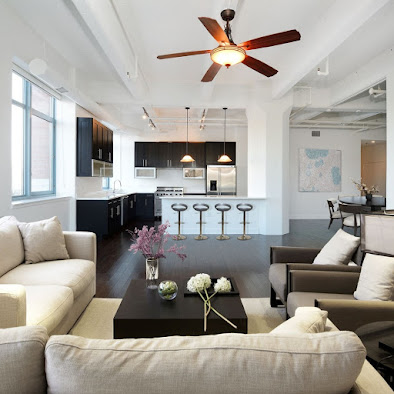Importance of Installing an Adequate Ventilation System
A clean indoor environment is of great importance because of the time that you spend in your home. The indoor air that you breathe should be fresh otherwise you can get respiratory problems. The only way to improve the continuous supply of fresh air is via effective ventilation. Places such as an indoor pool requires most of the ventilation due to the presence of water vapour and moisture which leads to decaying of walls and roof. Hence ventilation is required as it will get rid of the damp air and will replace it with dry fresh air. The simplest form of residential indoor pool ventilation is natural ventilation where vents are set up on the walls of the building. This allows fresh air to move into the indoor pools for better airflow.
What causes dampness?
Dampness occurs when moisture accumulates inside a building and gets trapped in the building due to poor ventilation. An accumulation of moisture results in the growth of mold which can easily spread near the area of the pool. The mould then gives rise to fungal spores which are a health hazard when inhaled because they are known to affect the respiratory system. You can end up developing respiratory conditions such as asthma, bronchitis and you may also experience severe chest pains.
Benefits of having an indoor pool ventilation system in your home:
Prevent Interior Damage
When a pool or spa water is heated to maintain a comfortable temperature, large amounts of water vapor are generated that you can notice on the floors, walls, and ceilings of the spa or pool area after a few minutes. This exposure can lead to the growth of mold, mildew, and other forms of interior damage, both in the immediate area and in any adjoining parts of the pool. The presence of moisture and vapors can cause wood rotting, metal corrosion, paint damage. Using a residential indoor pool ventilation system can save you money in the long run and will make your pool or spa area look more attractive.
Improve the Indoor Climate
Too much humidity can also adversely affect your ability to enjoy your time in the pool. Excessive humidity can promote air quality problems, since mold, and bacteria usually thrive in these types of conditions you and your guests may notice unpleasant odors. Apart from this, during warmer seasons, high humidity levels can also be downright uncomfortable. With an indoor pool ventilation, you can reclaim your spa or pool area and ensure that it remains healthy and clean for you and your guests most of the time.
In case of a large pool area, you would need a more advanced ventilation system for blowing out the humid air and in that case, it is a good idea to contact a ventilation expert who will assess your home from the ground to the roof. The expert will then recommend a ventilation system that will effectively air your pool. You can install fans in the specific location where moisture build-up to remove it effectively.




Comments
Post a Comment